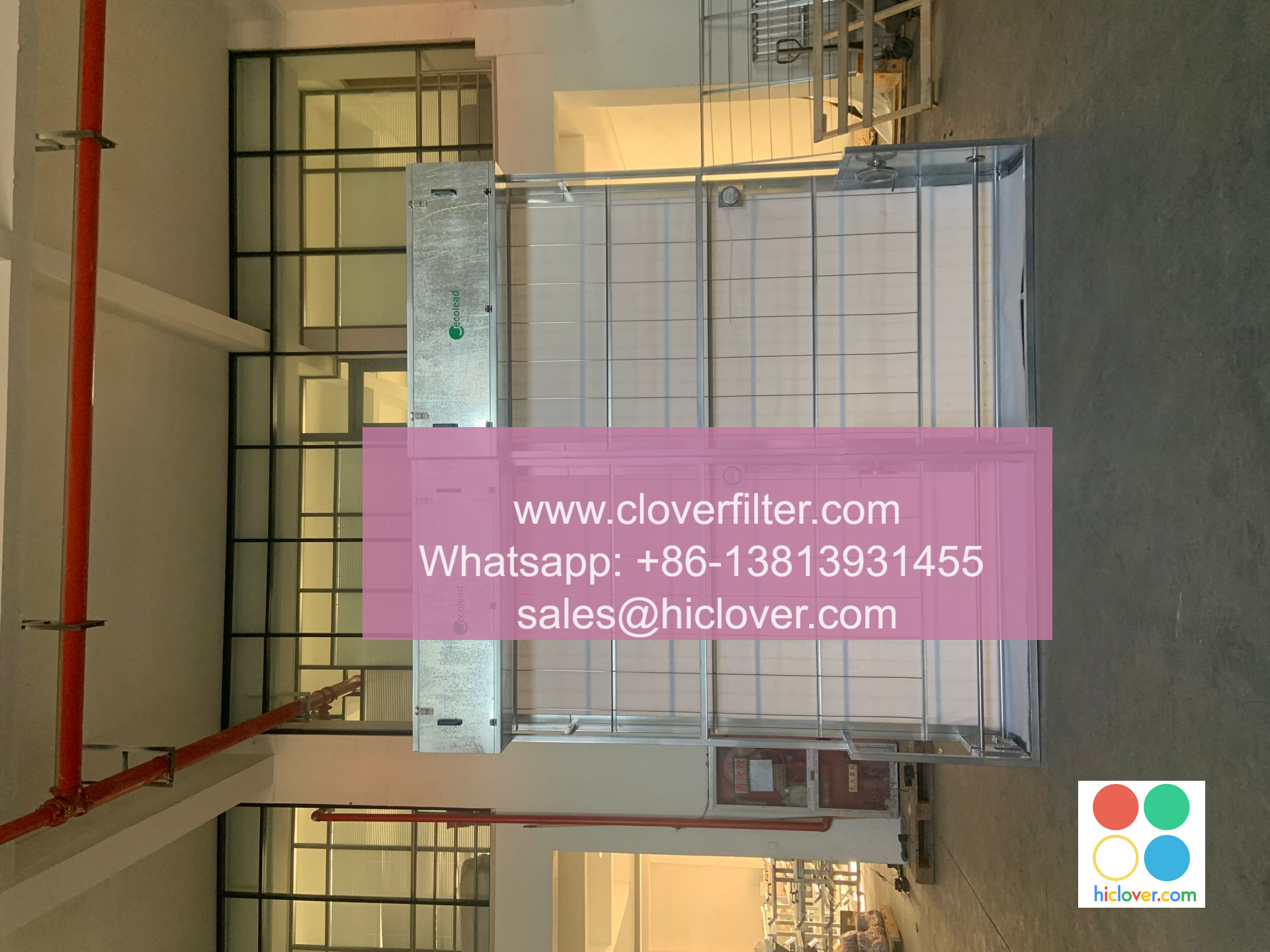The Role of Air Filters in Reducing Stress and Allergies

Air pollution is a growing concern worldwide, and it can have a significant impact on both physical and mental health. One of the most effective ways to combat air pollution is by using air filters, which can help reduce stress and allergies. In this article, we will explore the role of air filters in improving indoor air quality, highlighting various application areas, and discussing the benefits of using HEPA filters, activated carbon filters, and UV air purifiers.
Indoor Air Quality and Health
Indoor air quality is a critical factor in maintaining good health, and air filters play a vital role in removing airborne pollutants and allergens. Poor indoor air quality can lead to a range of health problems, including respiratory issues, headaches, and fatigue. Moreover, indoor air pollution can exacerbate existing conditions such as asthma, allergic rhinitis, and eczema. By using air filters, individuals can reduce their exposure to airborne pollutants and create a healthier indoor environment.
Types of Air Filters and Their Applications
There are several types of air filters available, each with its unique characteristics and application areas. Some of the most common types of air filters include:
* HEPA filters: High-Efficiency Particulate Air (HEPA) filters are designed to capture 99.97% of particles as small as 0.3 microns, making them effective against dust mites, pet dander, and pollen.
* Activated carbon filters: Activated carbon filters are designed to capture gases, odors, and chemicals, making them effective against volatile organic compounds (VOCs) and radon.
* UV air purifiers: UV air purifiers use ultraviolet light to kill bacteria, viruses, and other microorganisms, making them effective against influenza, norovirus, and MRSA.
These air filters can be used in various application areas, including:
* Home air filtration systems
* Commercial air purification systems
* Industrial air cleaning systems
* Portable air purifiers
* Car air purifiers
Benefits of Using Air Filters
The benefits of using air filters are numerous, and they can have a significant impact on both physical and mental health. Some of the benefits of using air filters include:
* Reduced stress and anxiety: By removing airborne pollutants and allergens, air filters can help create a healthier indoor environment, reducing stress and anxiety.
* Improved sleep quality: Air filters can help remove airborne pollutants that can disrupt sleep patterns, leading to improved sleep quality.
* Relief from allergies and asthma: Air filters can help remove allergens and irritants that can trigger allergic reactions and asthma attacks.
* Improved cognitive function: By removing airborne pollutants, air filters can help improve cognitive function, including concentration and memory.
Conclusion
In conclusion, air filters play a vital role in reducing stress and allergies by removing airborne pollutants and allergens. By using HEPA filters, activated carbon filters, and UV air purifiers, individuals can create a healthier indoor environment, reducing their exposure to airborne pollutants. With various application areas, including home air filtration systems, commercial air purification systems, and portable air purifiers, air filters are an effective solution for improving indoor air quality and promoting overall health and well-being. It seems like you forgot to include the prompt. Please go ahead and provide the prompt, and I’ll do my best to assist you!

